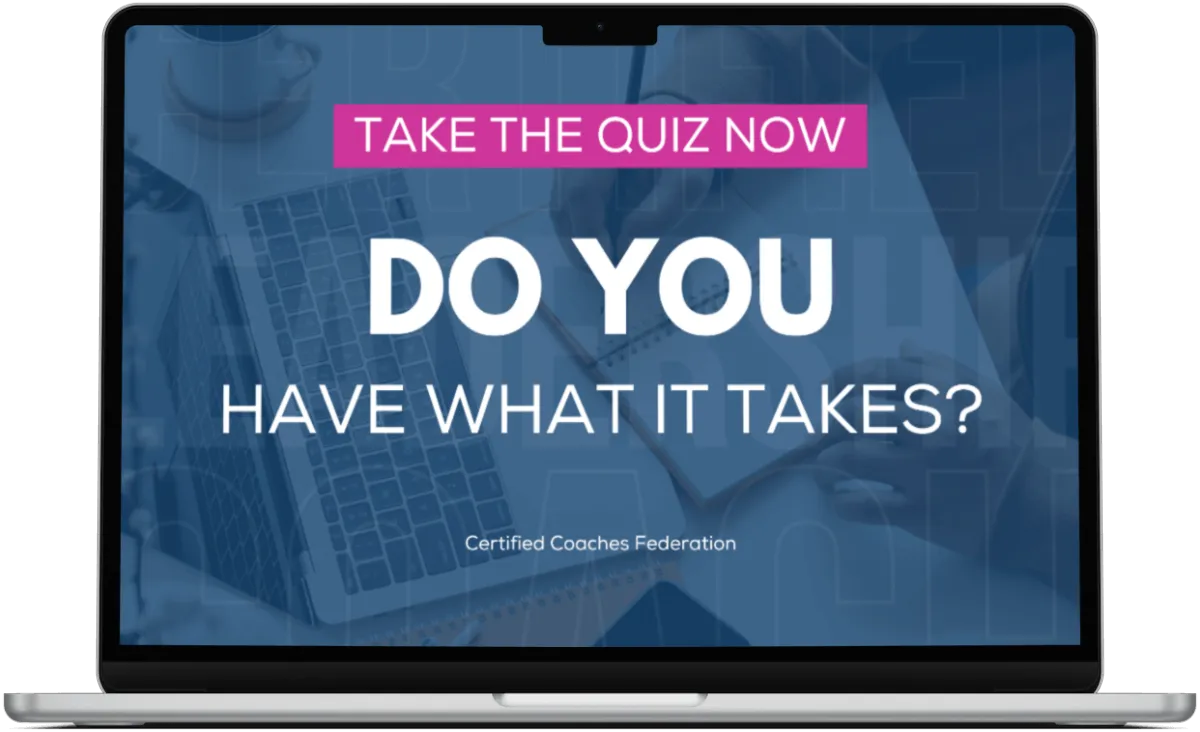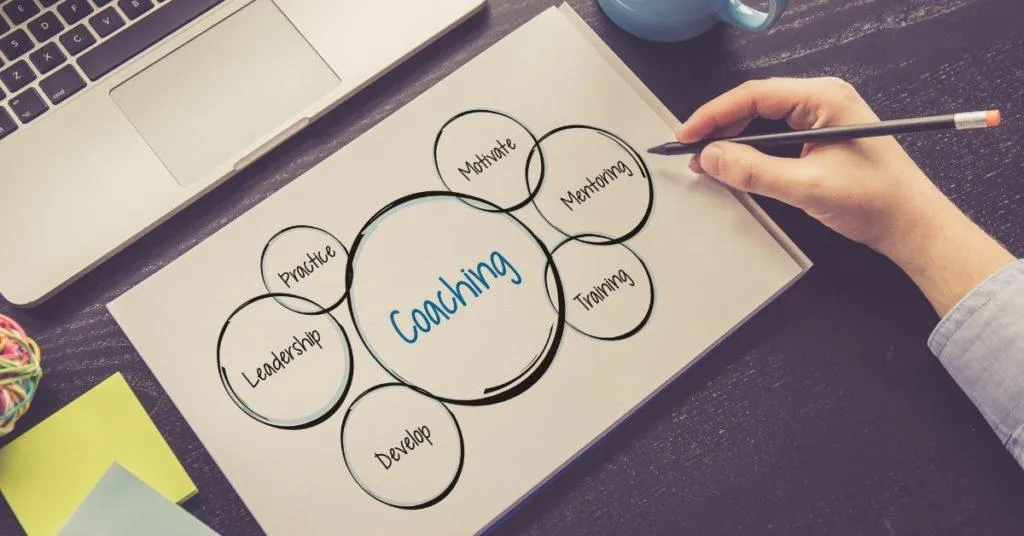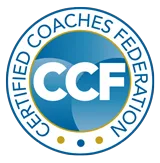Blog
Your Coaching Compass:
Navigating Success Together
Every story, every insight, every tip is curated with one goal: to guide you towards coaching success and personal fulfillment.
Receive weekly newsletter by signing up below:

Blog
Your Coaching Compass:
Navigating Success Together
Every story, every insight, every tip is curated with one goal: to guide you towards coaching success and personal fulfillment.
Receive weekly newsletter by signing up below:

FREE QUIZ
Do You Have What It Takes To Become A Life Coach?
Find out now by taking our Coaching Profile Quiz! Takes less than a minute to get your results.


Tools and techniques to help clients stay on track
Tools and techniques to help clients stay on track
As a coach, you must know your clients rely on you to bring only the best to the table, no matter your experience. Besides your coaching expertise and your focused attention for that coaching session, what else will you bring to the table for your clients?
If you sometimes feel weird about the coaching sessions and have an amiss feeling, some of these tools and techniques will help keep them on track.
You should look at these tools not as problem-solvers, but as opportunities to expand your relationship with your client. As such, let’s see what tools and techniques will help your clients stay on track!
Face your client in a non-confrontational manner

What does your client mean to you? Are they a friend? No, not really. They’re more a mentee. Of course, you’ll have friendly chats and maybe some informal sessions, but you’ll have to go the next mile with some questions that are not the easiest to digest for your client.
That does not mean you have to be confrontational - not at all. But you have to challenge them. You need to learn what your client needs - what they want to achieve - and challenge them towards their goal.
Let’s take a client who wants to lose weight. They might be exercising, eating healthy and staying on track for a few days, but when the weekend comes, they just forget about all the progress.
Yes, it’s hard, but when the next session comes, challenge them. If they really want to achieve their goal, why did they forget about it during the weekend? Don’t judge - let them answer. Don’t come up with a solution - they already have it! They need a nudge from you.
Knowing someone is beside you

When you give your client a nudge, they will sense you have their back. As someone who wants to change a behaviour or incorporate a new habit in their lifestyle, your client will feel at ease when they’ll know someone is beside them.
Usually, people going through changes need some type of reassurance, in order to remain on the right track. A coach needs to be courageous - and courage means keeping others accountable for their dreams and goals, even when the road is rough! Make your presence felt as a coach and you’ll help your clients succeed.
Ask powerful questions

Being a coach means asking the right questions at the right time. Those questions have to be powerful, even if they’re hard to answer. Those questions will inspire your client to rise to the level they want to be and that will get them closer to their goal!
What do you really want?
The starter and maybe the most powerful question: What do you really want? Here, the client may answer something soft or not giving you a totally honest and powerful answer. This is why you’ll need to ask even further. Ask until you see the sparkle in their eye - that’s when you know they want to achieve that certain goal!
What are you willing to do to reach your goal?
Of course, all these questions are closely related. When you’re asking what they really want, prepare the next question: What are you willing to do to reach that goal?
Are you willing to change your lifestyle? Drop some bad habits and incorporate some healthy ones. Are you ready to give up bad relationships and surround yourself with people who are on the same path as you?
What has to go out of your life?
This question just reaches even further into the “bad” part of the second question. Here, your client realizes what’s bad for them and has to go, in order to reach their full potential. Only in this way will you be able to help your client the most.
Who do you admire the most?
This is another powerful question necessary for helping your clients stay on track. If they have people they can look up to, they can evolve even further. Here, the answers might be really diverse: from athletes and superstars to close relatives, anyone goes, as long as the person really deserves your client’s admiration.
What should I ask you now?
Up until this point, you asked all the questions. The ball was on your court and you just passed it to your client, hoping they can score. Now comes a really tough question - What should I ask you now? What does this question do to your client?
It empowers them! Now they have the ball in their court and after careful consideration, they decide in which direction this discussion should go.
Tell me about something you achieved - what did you do to make it happen?
Here, you give your client a break and reassure them that they can really achieve what they have in mind. Also, they will be able to look back at their achievement and analyze how it happened.
Do you have the resources you need to keep on the right track?
Resources are important - human resources, money, time - each and everyone needs to be carefully accounted for when you want to reach a certain goal. Ask your client if they have the right resources in order to remain on the right track. If not, maybe you can help them out with something!
Do you really want to change?

Wow, what a powerful question. Imagine being asked this - what are you going to answer? All those exercises, all those books, resolutions - only to be faced with such a question?
If your client doesn’t answer honestly and boldly, restart by asking some of the questions you deem necessary. Maybe change is not yet due for your client - and recognising this is a bold statement!
What are you going to get from changing?

Visualizing the end goal and how your life is going to look after changing is a great incentive for your clients to really start their journey and change their whole life!
Which other tools and techniques would you add to this mix? Let us know in the comments below!
certifications / TRAININGS
certifications / TRAININGS
CERTIFIED COACHES FEDERATION | TERMS OF USE | PRIVACY POLICY
